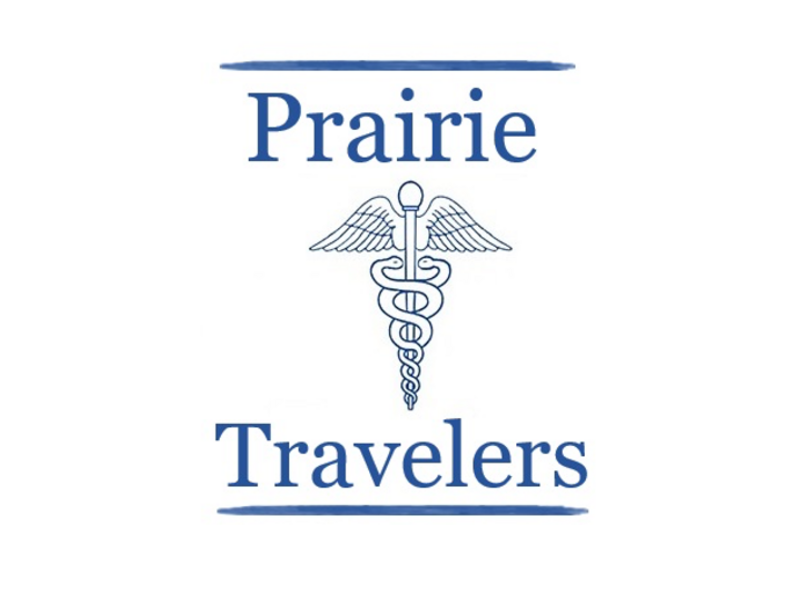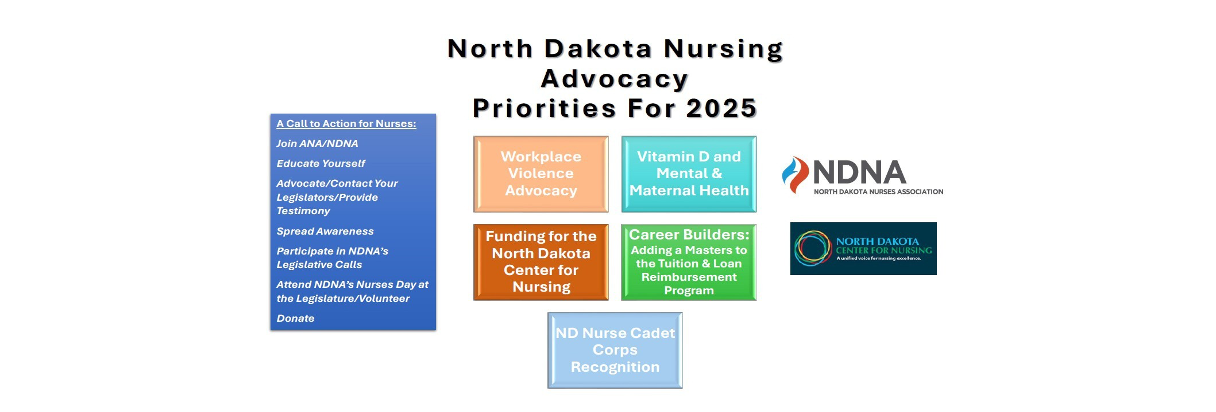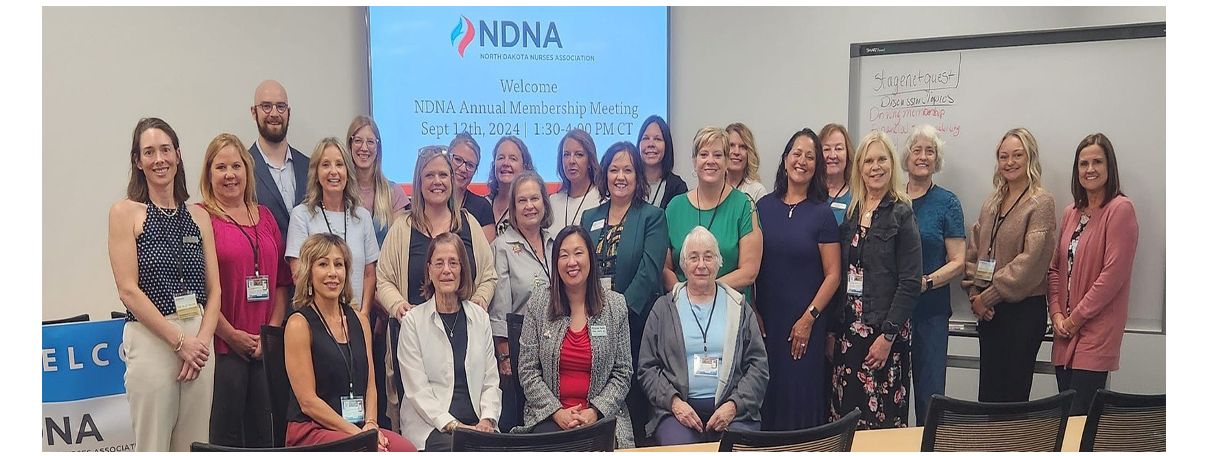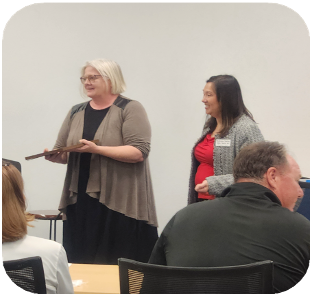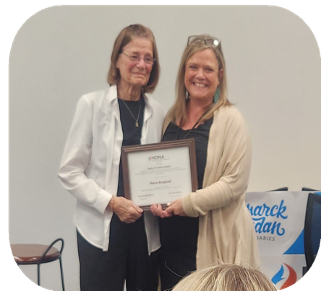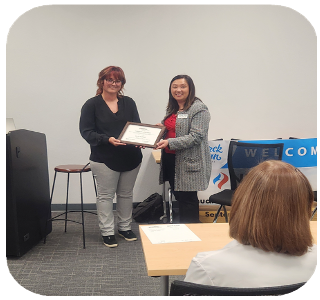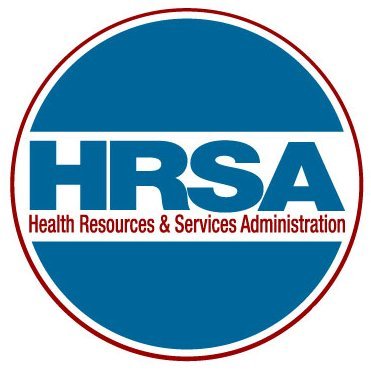Workplace Violence Prevention
Workplace violence poses a significant threat to the safety and well-being of healthcare workers, particularly nurses. NDNA will continue to advocate for:
Increased awareness and education about workplace violence prevention strategies. Implementation of robust workplace violence prevention policies and procedures. Legislation strengthening penalties for individuals who assault healthcare workers.
Collaboration with the American Nurses Association (ANA) to leverage their resources and expertise in addressing workplace violence.
Nurse Cadet Corps Recognition
The North Dakota Nurse Cadet Corps, active from 1943 to 1945, played a crucial role in addressing a severe nursing shortage during World War II.Despite their significant contribution, these dedicated nurses have yet to receive formal recognition for their service. NDNA will:
Support the recognition of the Cadet Nurse Corps as veterans in the state of North Dakota. Promote thehistorical significance of the Cadet Nurse Corps and its enduring impact on healthcare.
Support the creation of a traveling display to be exhibited at events across North Dakota, including the Nursing Students Association of North Dakota Convention, the North Dakota Trauma Conferences, and Nurses Day at the Legislature.
Funding for the ND Center for Nursing
H.R. 2411: National Nursing Workforce Center Act of 2023: This bill aims to establish state-based nursing workforce centers to address nursing shortages and other workforce challenges.
Increased state funding to support the center's workforce efforts.
Expanded collaboration with other healthcare organizations to secure funding for the North Dakota Center for Nursing.
Promoting Vitamin D for Maternal and Mental Health
The state of North Dakota commits to prioritizing the health and well-being of its residents by addressing vitamin D deficiency andinsufficiency through multifaceted, precision public health and medicine approaches that recognize both regional and individual determinants of health in diverse populations across the lifespan to improve patient outcomes, population health, and decrease overall healthcare costs.
Recognition of the Issue: Acknowledge the risk and prevalence of vitamin D deficiency in the state and its impact on patient outcomes, population health, and overall healthcare costs.
Education and Outreach: Advocate for statewide educational campaigns aimed at increasing awareness of vitamin D deficiency, its risks, and the importance of adequate vitamin D levels, particularly for pregnant individuals, children, and those with mental health concerns and other heightened risk factors for the public and healthcare professionals.
Access to Screening and Supplements: Increase access to low-cost screening and testing for 25(OH)D serum concentrations and promote population-based and individualized supplementation recommendations.
Evaluation and Reporting: Assist in establishing metrics for evaluation of initiatives and report on progress, challenges, and outcomes to the legislature and the public annually.
Career Builders
NDNA will advocate for adding a Master of Science in Nursing to the Career Builders Tuition and Loan Reimbursement Program. Participants would be required to teach four clinical credits per calendar year.




